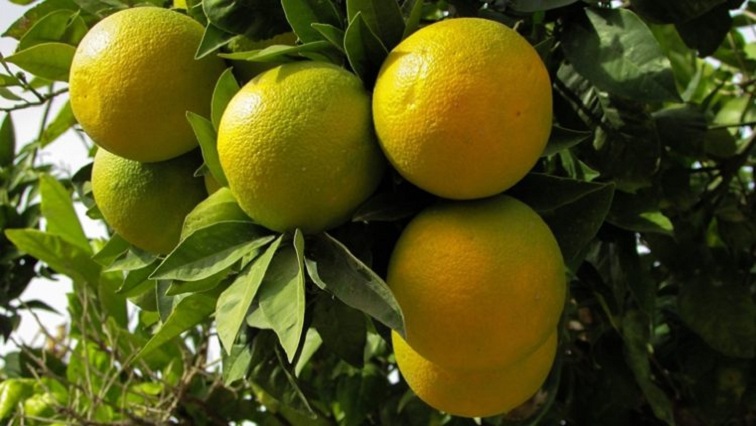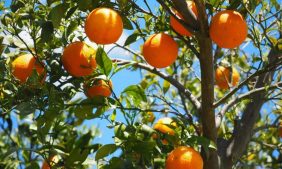The Citrus Growers Association have appealed for more trade talks between the South African government and the European Union (EU).
The EU has implemented new rules governing the export of oranges from the country.
One of the new regulations requires that citrus farmers store their orange produce at below two degrees celsius.
Citrus farmers say the new rules by the EU have increased their overall production costs.
The new set of rules enforced by the EU mean that about 20% of locally cultivated orange exports destined for Europe, could be barred from entering the EU.
The citrus black spot and a pest, the false codling moth, in Sub-Saharan Africa drove the EU to its decision.
CEO of Citrus Growers Association, Justin Chadwick, says the new rules are already being implemented.
“From what we hear from government, the EU is against making any changes and so, the new rules now are being implemented on the oranges that are being shipped at the moment.”
The domestic citrus industry could face financial losses estimated at R500 000.
Chadwick says the requirement to store oranges at below two degrees celsius for 20 days is unwarranted in science.
“The losses are made up really of two components; one is cost, the increases in cost in terms of the cooling of the fruit. So, those are already being felt by the exporters because they are already paying that cooling time, and the other losses is the fruit that cannot get in the market.”
Input costs have also risen, adding on financial woes for growers as they try to navigate the market reality.
Barend Voster of Mahela Group says close to 50% of Valencia oranges at Mahela farm are exported to foreign markets.
“The cost involved, it all depends on what cultivated what variety, what markets. You have to make sure that you comply to the rules of the market. If you don’t comply some of the markets will be over supplied.”
Voster says they are concerned about profit losses.
“We want to export most of it because the local market is not that profitable. And the consumption locally cannot handle all the citrus that is being produced in South Africa. The local market is also important for us.”
Seasonal workers at the farm are worried about stringent market changes.
“We will be affected more because now we are going to sit at home. Remember in South Africa the unemployment is too high, meaning that if we are going to stay at home because of the ban from exporting, many families are going to suffer. We have roundabout 200 workers and we are working with them every season. So (if) it happens that we are no longer exporting, what will happen and where will we work?”
Europe remains the largest market for South African oranges.
The Citrus Growers Association has written to the Departments of Trade and Industry as well as the Department of Agriculture, for an update on government’s intervention.



